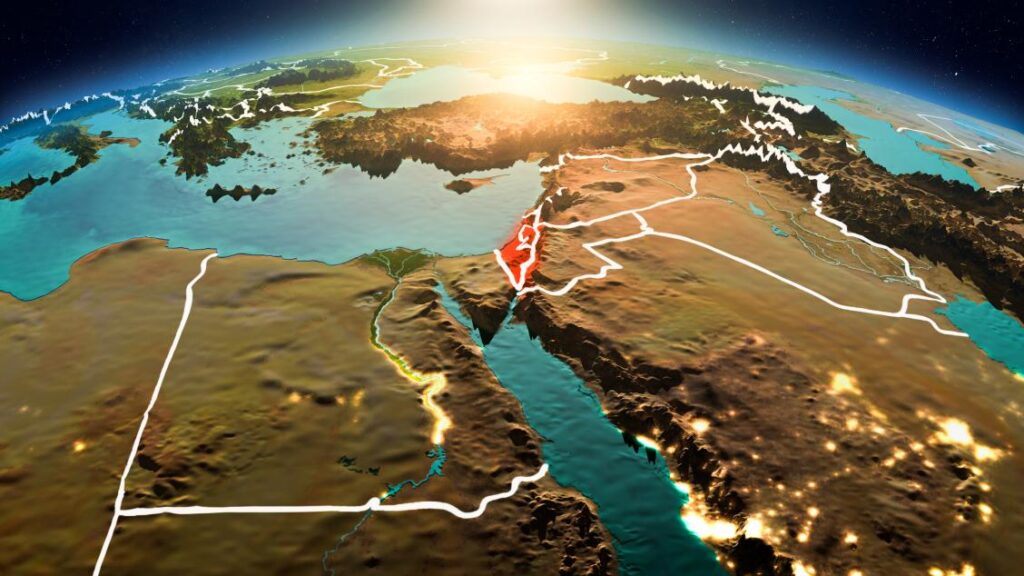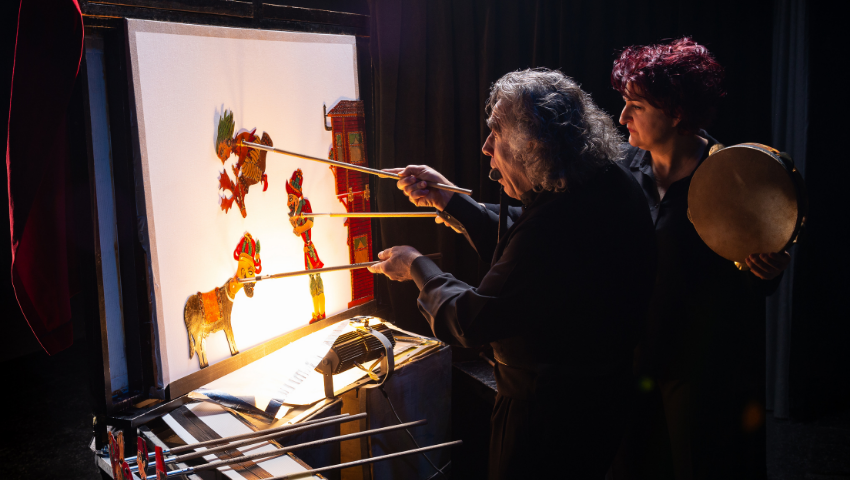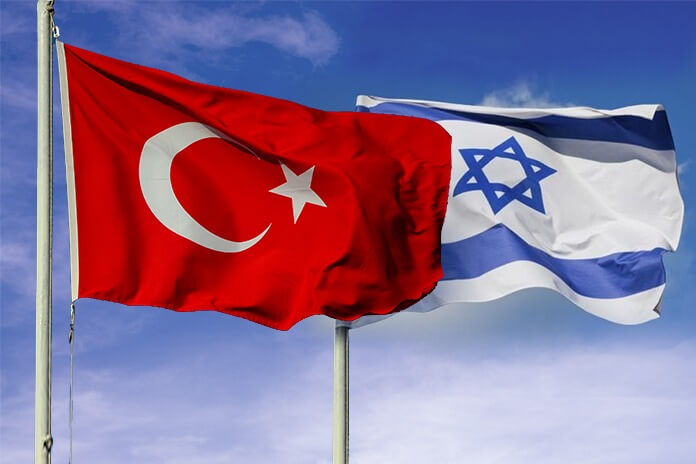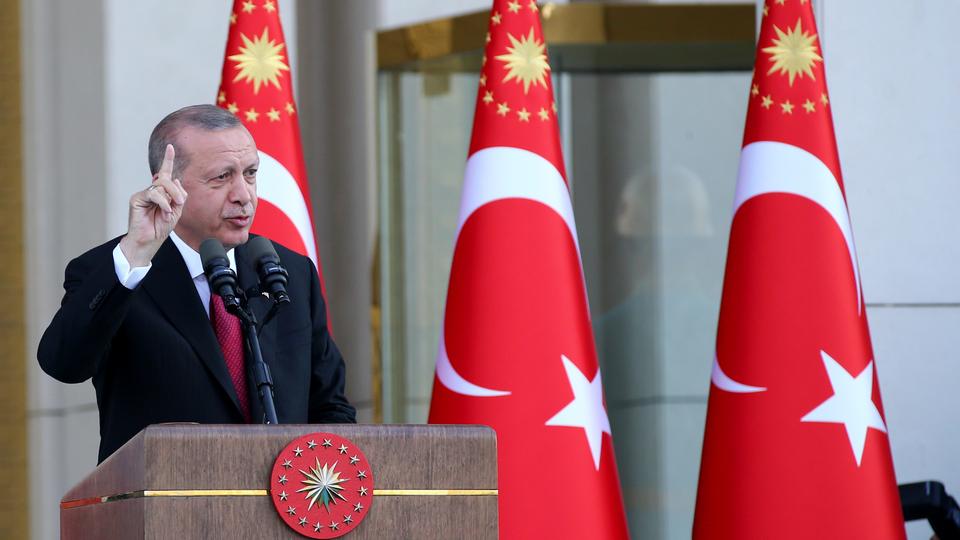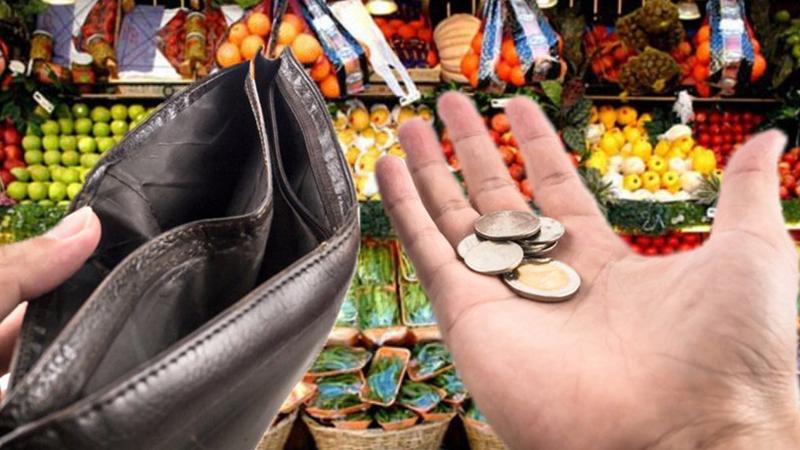Turkish and Ottoman traditions for Ramadan and Eid al-Fitr: A time for gratitude

Turkish and Ottoman traditions for Ramandan and Eid al-Fitr: A time for gratitude
Ramadan is the ninth month of the Islamic calendar. It is a month of fasting, prayer and reflection. Ramadan lasts for 29-30 days depending on the moon cycle. This year, Ramadan starts on April 2th and ends on May 2th in Turkey. During Ramadan, Muslims refrain from food, drink and other sensual pleasures from dawn to sunset.
Importance of Ramadan in Turkey
Ramadan is an important time for Muslims because it’s a time for spiritual reflection and renewal. It’s also seen as a chance to cleanse oneself from sin, gain self-discipline and practice self-control.
It is also time to read the Qur’an, pray more, do good deeds, and give charity.
The benefit of fasting is that it helps build patience and discipline, as well as a sense of solidarity with people who are going through difficult times.
Fasting during Ramadan is one of the Five Pillars of Islam, which are five religious duties that every Muslim must perform.
Traditions at Ramadan in Turkey
Hanging Ridges on Mosques (Mahya)
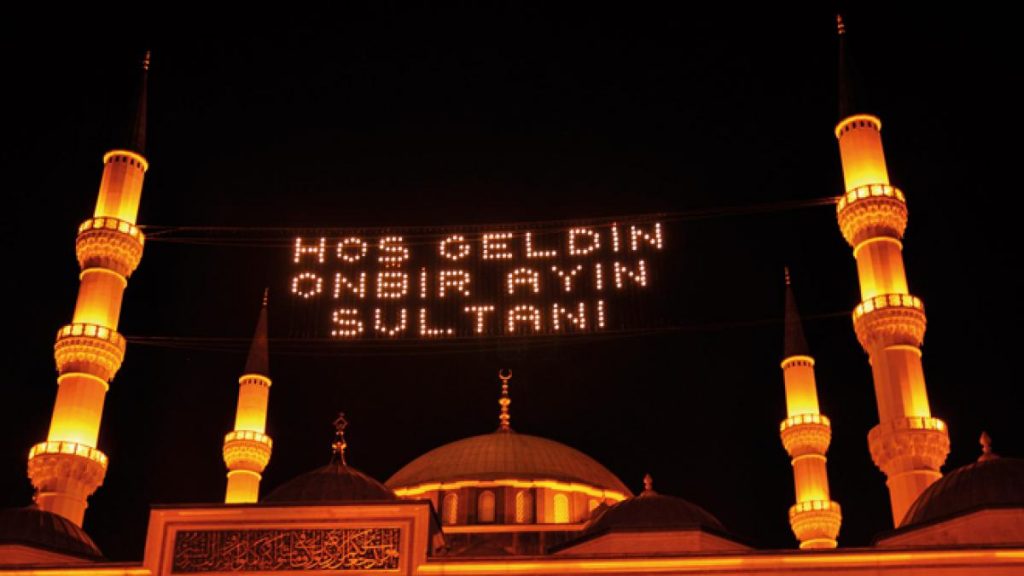
Mahya is the art of writing, which is written with oil lamps filled with olive oil between mosques with double minarets and expresses Ramadan. This tradition has reached the present day from the Ottoman Empire.In ancient times, the arrival of Ramadan was announced to the public in this way. The mosques, which shine brightly during Ramadan, continue to reflect the enthusiasm of the month of Ramadan.
Ramadan Drummers
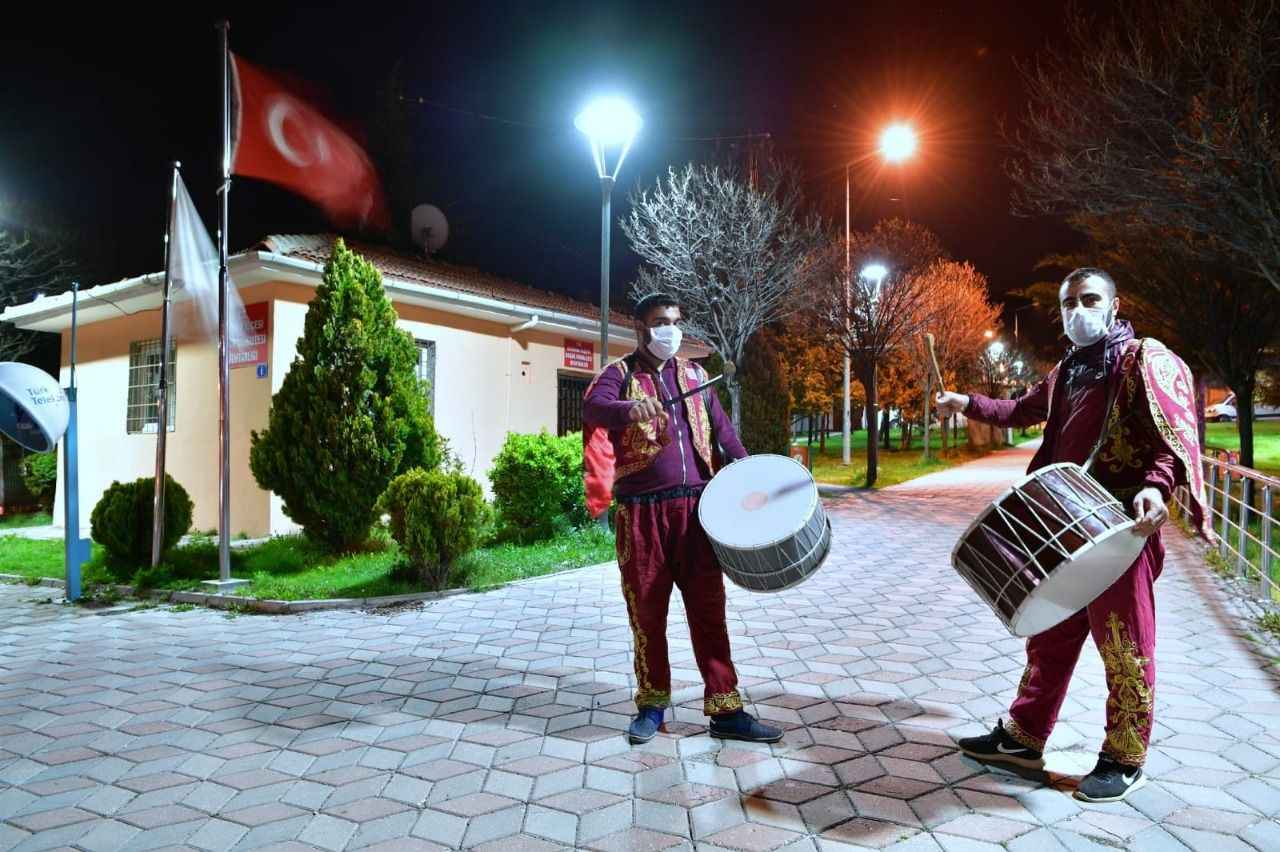
One of the oldest and most cheerful of the Ramadan traditions is undoubtedly the sahur drummers. This tradition is unique to Turkishness and Islam.
In the old days, during the month of Ramadan, Ramadan drummers used to walk around the street with a few people, and they would sing Ramadan mani in turn.
Even though he travels alone nowadays, he continues to cheer up the night with his drums and sing mani.
Ramadan Entertainments in Turkey
After the fasting all day, the meals that are eaten with pleasure and the festivities begin after the tarawih prayers. These entertainments, which last from evening to sahur, are quite enjoyable.
The coffeehouses under the mosques are overflowing, where foamy Turkish coffees are sipped by the crowd. This chat environment, which starts with the iftar with the crowded family and friends, continues until the sahur.
Excited to watch Karagöz-Hacivat plays, children run around the streets.
Even if you don’t go out, people gather at home and listen to the stories told by the elders.
Eid meals are prepared within the scope of Eid-al-Fitr activities by gathering in neighbor houses or relatives’ houses. Baklava and sarma are cooked.
Teeth Rent tradition
A tradition dating back to the Ottoman Period is teeth rent. People who have high incomes and are called “rich” give a kind of feast in their homes. They open their tables with a variety of dishes to the public.
The guests coming to these houses are called the guests of Allah and are greeted with great excitement. Even before the guests leave the house, gifts or gold coins are presented in a purse. Because it is believed that these guests will bring rewards to the hosts.
Cannon Firing at Iftar Time
This tradition; that is, throwing a ball at imsak and iftar times Sultan III. It started in the Rumeli Fortress during the reign of Mustafa. Then it spread all over the country. Today, cannons are fired in cities to announce the evening prayer and to inform people about the time of fasting.
Special Foods for Ramadan in Turkey
Ramadan Pide
Pide is one of the most delicious foods that remind us of the month of Ramadan. Although it is produced in bakeries and patisseries every month of the year, people enrich their tables with warm pides instead of bread in Ramadan.
This flavor, which has survived from the past to the present, is evident with the long line of people who wants to buy pide that close to the time of iftar.
Güllaç
One of the things that reminds us that the month of Ramadan has arrived is the Güllaç that takes its place in the windows of bakeries and patisseries.
Güllaç is a sweet dessert made with milk and low in sugar. Pistachio, pomegranate and seasonal fruits are decorated on it. With this wonderful flavor that sweetens the Ramadan tables, it can be understood more clearly that Ramadan has arrived.
Iftar With Olives and Dates
Having iftar with olives and dates is one of the oldest Ramadan traditions. This tradition continues today and is among the must-haves at Ramadan tables. The history of all these Ramadan traditions, which continue today, actually goes back to the beginning of Islam.
Fairs and Festivities
In the past, events such as festivals and fairs were held in Ramadan. This tradition is still alive in some cities and regions today. The squares were turned into fairs, and various entertainments were held until the tarawih prayer was over. Even though the tradition of watching Karagöz and Hacivat plays is about to be forgotten nowadays, this tradition is continued with various activities.
Iftar Tent
The large tent set up for Muslims to break their fast during the month of Ramadan is known as an iftar tent. They are located at strategic points throughout the cities. Municipalities, associations, foundations, and philanthropists cover the costs of iftar tents.In the tent, free food is served. Thousands of people eat the same meal to break their fast. People feel a sense of belonging and equality as a result of this.
You say Şeker, I say Şükür
Now one may wonder why it is that in Turkiye’s, unlike anywhere else in the world, the holiday of Eid al-Fitr is referred to as Şeker Bayramı, which is commonly translated as the “Sugar Feast.” You may assume that it is due to the copious amounts of candy and sweets that are consumed after the majority of Turks have just spent the past month eating at restricted hours. This is of course because, during Ramadan, Mu
slims around the world embark on a fast from dawn to dusk in what is actually the world’s largest communal fasting event. But in fact, the holiday’s name of Şeker Bayramı in Turkiye’s is actually believed to be the result of a mispronunciation. That’s right, supposedly originally the holiday was referred to as “Şükür Bayramı” in other words “a holiday to be grateful.” According to Ottoman era expert Murat Bardakçı, the two words “şükür” (gratitude) and “şeker” (sugar) were spelled using the same characters in the Ottoman alphabet and thus in time, the meaning of the holiday was misconstrued. According to Bardakçı, the term şükür was used in reference to the gratitude felt by those who had fulfilled their religious duties by way of fasting. Meanwhile, the late academic Güngör Uras claimed that the reason Eid al-Fitr is referred to as the “Sugar Feast” in Turkiye’s is due to the Ottoman tradition of the palace offering trays of baklava to their soldiers on the 15th day of the fast, which they would then parade around town to the delight of onlookers as they made their way to the barracks where they stayed. The “sweet” reference is also relevant in that one of the most prevalent customs surrounding the Ramadan holiday is the offering of pocket money to children, who then spend it on buying candy. No matter how they used to say it, the Şeker Bayramı moniker was the one that stuck and is symbolic of the prominent place sweet treats take in Turkiye’s during this three-day holiday, a tradition that spans back to the Ottoman Empire. These days, however, it is widely acknowledged that the correct way to refer to the holiday is Ramadan Bayramı.

The holiday of everything meaningful
There are actually a number of traditions surrounding Eid al-Fitr that began in the Ottoman Empire, some that continue to be practiced in modern times and some of which have unfortunately fallen by the wayside. Either way, this year the holiday will be celebrated extremely untraditionally as it falls during the country’s severest lockdown since the start of the pandemic.
For those expats who may feel confined in Turkiye’s at this time, just think of how much the Turks are suffering as they are unable to conduct their usual traditions during the holiday, which in Turkiye’s is literally the equivalent of Halloween, Thanksgiving and Christmas combined. I say Halloween in reference to the steadfast tradition of offering candy to children, who in normal times would have gone door to door in their neighborhood for trick or treating.
If the aforementioned original name of the holiday itself is not evidence enough, the reason this holiday is reminiscent of Thanksgiving is its strong sentiment of gratitude as well as the overt practice of offering charity to those less fortunate. For Westerners to best understand the importance of this holiday now upon us, I would say that it resembles Christmas in that it is one of the two longest and most significant holidays in Turkiye’s and is traditionally spent with family and visiting elders, sharing food and gifts and dressing up in your finest.
The picture depicts Ramadan Bayram celebrations during Ottoman times. (Archive Photo)
Ottoman era traditions for Ramadan

Throughout history, the Ramadan holiday was a time of sharing tables, visiting neighbors and family and taking walks to enjoy all of the outdoor entertainment on offer, such as theatrical performances and shadow puppet shows, referred to as Hacivat and Karagöz, a practice that is near synonymous with this cherished time of year. In fact, unfortunately, it will be the children of Turkiye’s who will lose out the most being kept indoors due to the necessity of curbing the spread of the pandemic.
In addition to children, those that are less fortunate are also unable to benefit from the tradition of shared “iftar” meals, which are an integral part of the traditions surrounding this month and a custom spanning back to the Ottoman Empire. In fact, in Ottoman times, not only would everyone and anyone be welcomed to join in a breaking of the fast “iftar” meal, but the host would actually distribute small pouches of silver or gold coins to their less fortunate guests in a custom once referred to as “diş kirası,” which translates into English as teeth rent. Yet another charitable Ottoman tradition was for the well-to-do to visit their local markets and pay off a strangers’ debt, which used to be recorded in notebooks as a general practice of offering credit to customers. The stranger whose debt was paid off would never learn who the bestower of that kind gesture was.
Turkiye’s, May 14, 2019. (Shutterstock Photo)
It was the Ottomans who kicked off the tradition of firing a cannonball (in 1821 and from the Anatolian Fortress, or Anadolu Hisarı) to mark the start of iftar to break the fast, and the dusk drummers that wander the streets to wake people from their slumber is also a tradition that spans back to the Ottoman Empire. Neighbors would knock on doors to distribute the delicious fried bread referred to as “pişi” and the delicious and healthy Ottoman sherbets that are said to have surfaced as a result of Ramadan.
In Ottoman times, during the month of Ramadan and the holiday that followed it, celebrations took place in a carnival-like atmosphere and baklava parades by janissaries – the main elite unit of the Ottoman army – and street performances are proof of that. But in the Ramadans of yore, there truly were so many more beloved and exciting traditions that took place.
The courtyards of Istanbul’s largest mosques such as Sultan Ahmet, Hagia Sophia and Eyüp Sultan would host exhibitions and fairs in which stalls would sell anything and everything one could imagine. There used to be colorful oil lantern soaring shows as well held after the evening prayer in which decorated lanterns were strung up between minarets and mosque courtyards. Children would go door-to-door with an oil lamp to request pocket money for which they would recite a tongue twister in a tradition that has since transformed into children being gifted candy when they come knocking on the door.
During Ottoman times, the sultan himself would kick off the celebrations for Ramadan by kissing his mother’s hand and distributing pocket money to children in decorative small pouches. Kissing the hand of an elder and then touching their hand to your forehead is another foremost tradition of this holiday that may have to be foregone this year, as will the tradition of paying visits to the eldest members of the family. However, as the customs from the Ottoman era prove, times change and Turks learn to adapt and continue to feel grateful for all that they have.


